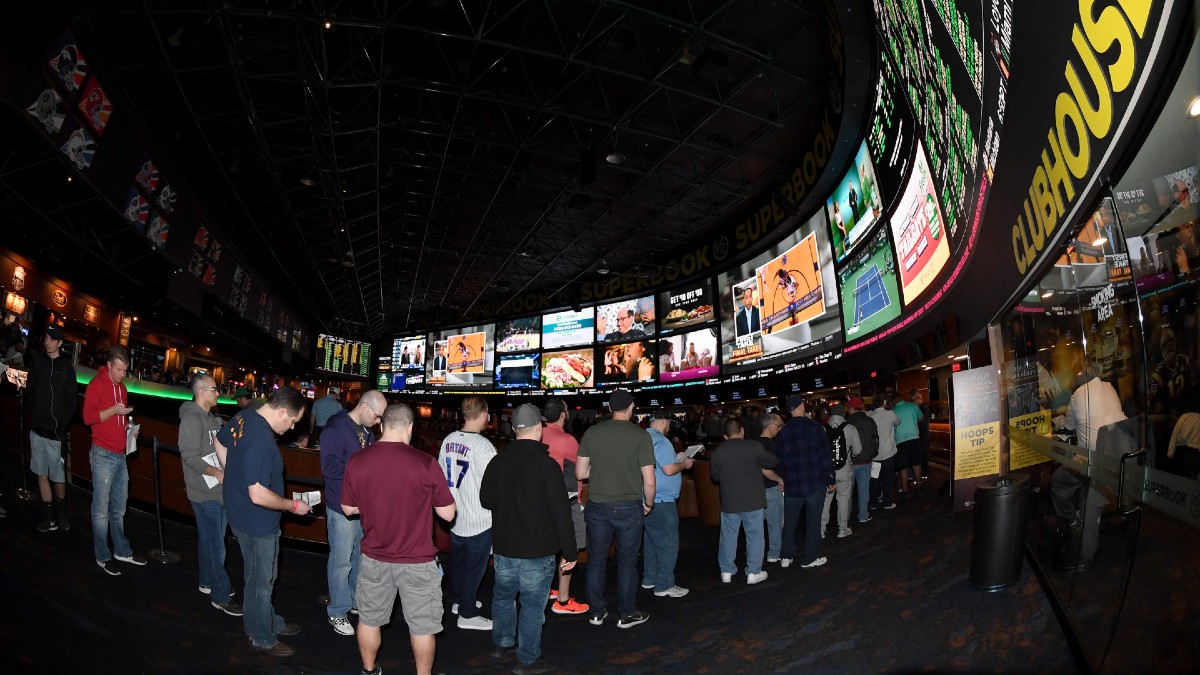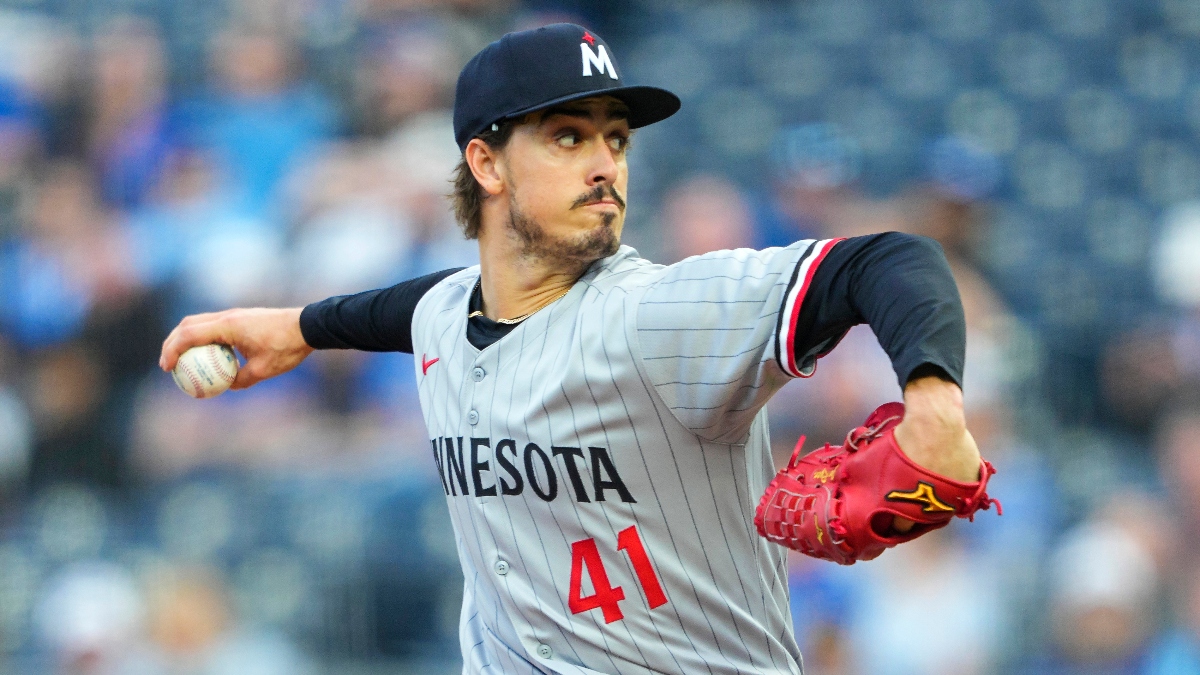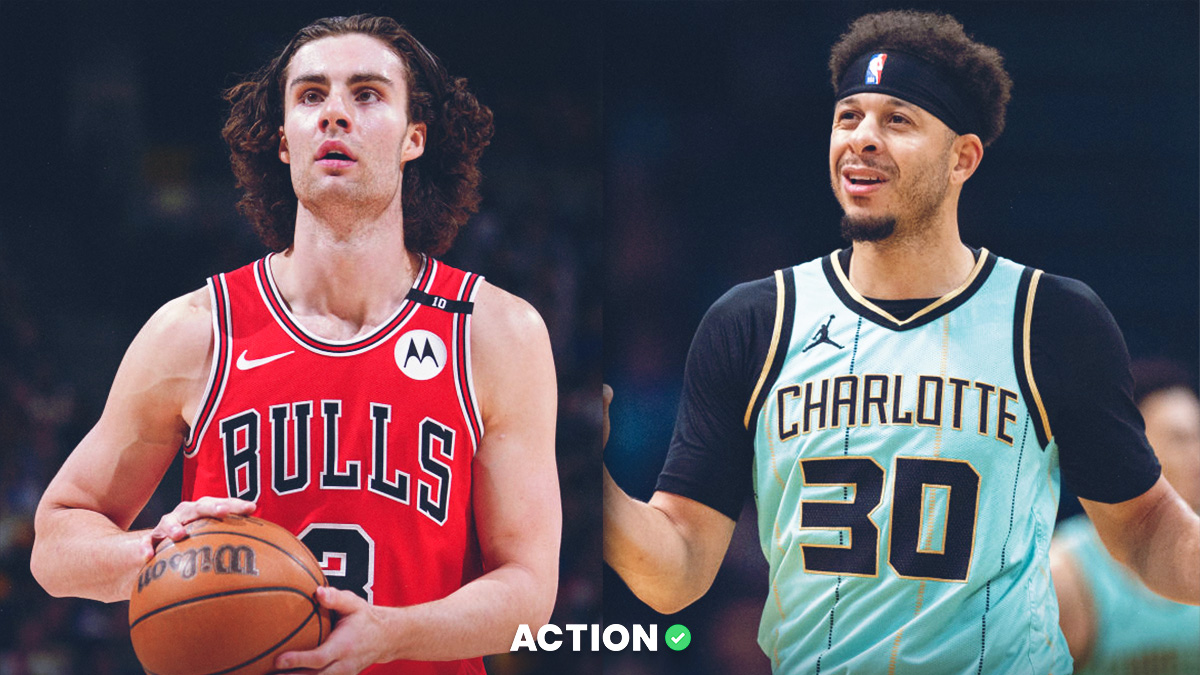This is Part III in our series Money Guts and Brains: The Mavericks Who Remade Sports. Check out Part I on Charles McNeil, inventor of the point spread, and Part II on Roxy Roxborough, a Vegas odds consultant who globalized bookmaking.
Tyler is 25 years old. He is a professional bettor and bitcoin investor. These are the only two jobs he’s had since graduating from a prestigious west-coast college, where he studied computer engineering and computer science. He’s used these two passions — bitcoin and betting — symbiotically, ones and zeroes feeding each other in an infinite, ever-growing loop.
He began trading crypto in the mid-2010s, when Bitcoin was worth $225 (today it trades at around $9,500). The weekend he graduated, in May of 2017, the price of bitcoin nearly doubled. His net worth, and his betting bankroll, was suddenly bigger. While he had offers to be an engineer at Google and Cisco, he declined. “My parents were pretty confused,” he says. “I’ve been a nerd my whole life, accelerated math and science. But I always loved sports and planned on combining them for my career.”
Tyler, a pseudonym, is the epitome of a new demo in fandom, a marketing exec’s dream archetype: The modern, tech-savvy, data-driven avid sports fan between 18-34. This group thinks opportunity first, vicarious thrill second.
"How can I win?" — not "Did my team win?"
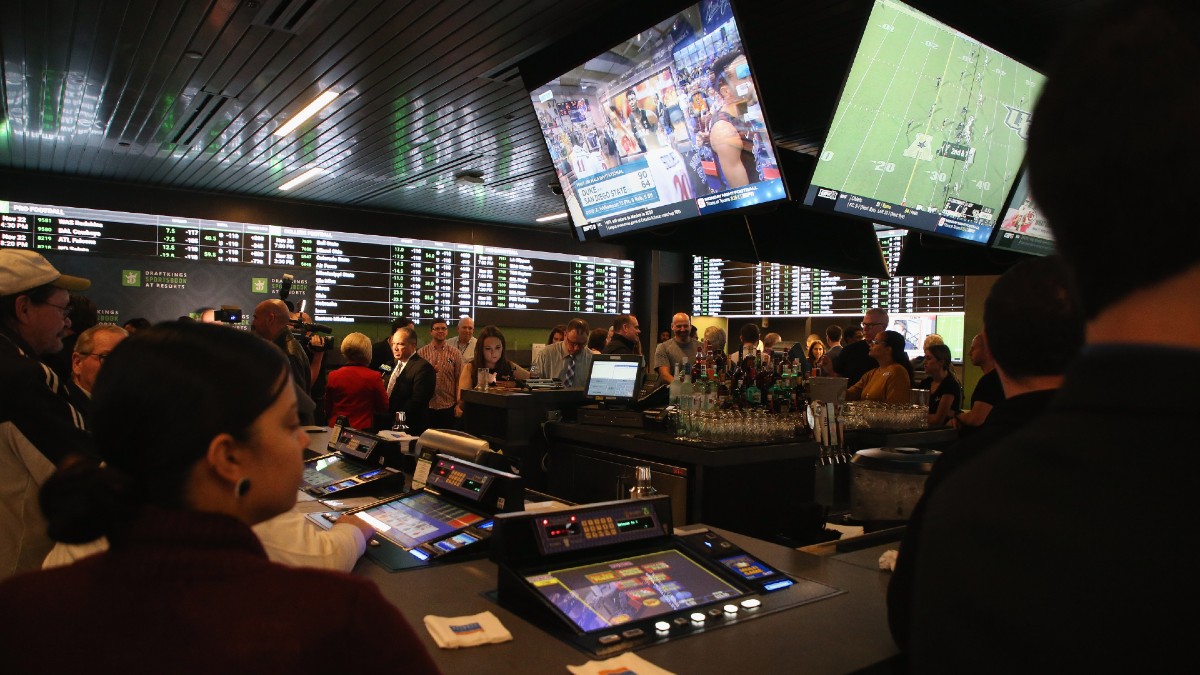
They grew up online and on the RedZone Channel, feasting on inputs, their allegiance to outsmarting their opponent. Now they populate team and league front offices. They are high-paid pundits. They have propelled the multi-billion dollar fantasy sports business. And they are, like Tyler, sports bettors, operating in clean, well-lit, spaces.
Since May of 2018, when the Supreme Court shot down the federal sports betting ban, 22 states have passed legislation legalizing sports wagering. One of those, New Jersey, produced $4.5B in handle (total wagers) in 2019, its first full year of operation. Nevada, a mature market, did $5.3B.
Meanwhile, since the Supreme Court decision, there have been a flurry of big-money moves amongst sports betting operators.
The past 24 months, European bookmaker Paddy Power bought FanDuel, a deal that valued the combined business at more than $1B. Fox paid $236M for just under 5% of gaming company Stars Group. Paddy Power and Stars merged this past October, in a deal that valued the two companies at $12B. DraftKings went public this past April, six weeks after the shutdown of all sports, and the stock price has doubled. Its market cap is now $10B.
[The Inaugural Sports Betting Hall of Fame Class]
The world we re-enter after Covid-19 will, for at least a little while, be a visually-focused, couch-sitting, first-and-second-screen experience. And, increasingly, fans will be solo, disconnected from the physical community — in stadiums, bars, friend’s houses—and more connected to devices.
At the epicenter of this universe are the Tylers, brainiac everyday bettors. Cascading out in concentric circles are the weekend warriors betting $100 on NFL Sundays, then the Super Bowl prop bettors, the March Madness bracket busters and, at the edges, the fantasy players.
Eighty years after Charles McNeil invented the point spread, after decades of being ignored besides a wink-and-a-nod from in-the-know announcers, these bettors are coveted by the sports industrial complex.
In more ways than one, they are the Moneyball Generation.
Michael Lewis' famous 2003 book of the same name chronicles how Oakland A’s General Manager Billy Beane revolutionized team-making through analytics. But it resonated beyond baseball’s orbit because it captured a moment in time. Data had become democratized; technology enabled. It was a roadmap for how any fan-turned-opportunist could find their way into sports.
Says Lewis of the euphoria surrounding Moneyball. “The geek revolution helped break down a wall for analytical people who are good at stats and sports and gave them a place.”
Lewis talks like he writes: casual, comfortable and punctuated with insights that, in hindsight, should have been obvious. And while he says he has "zero interest" in sports betting, Lewis has a gift for chronicling gamblers and how they draw conclusions.
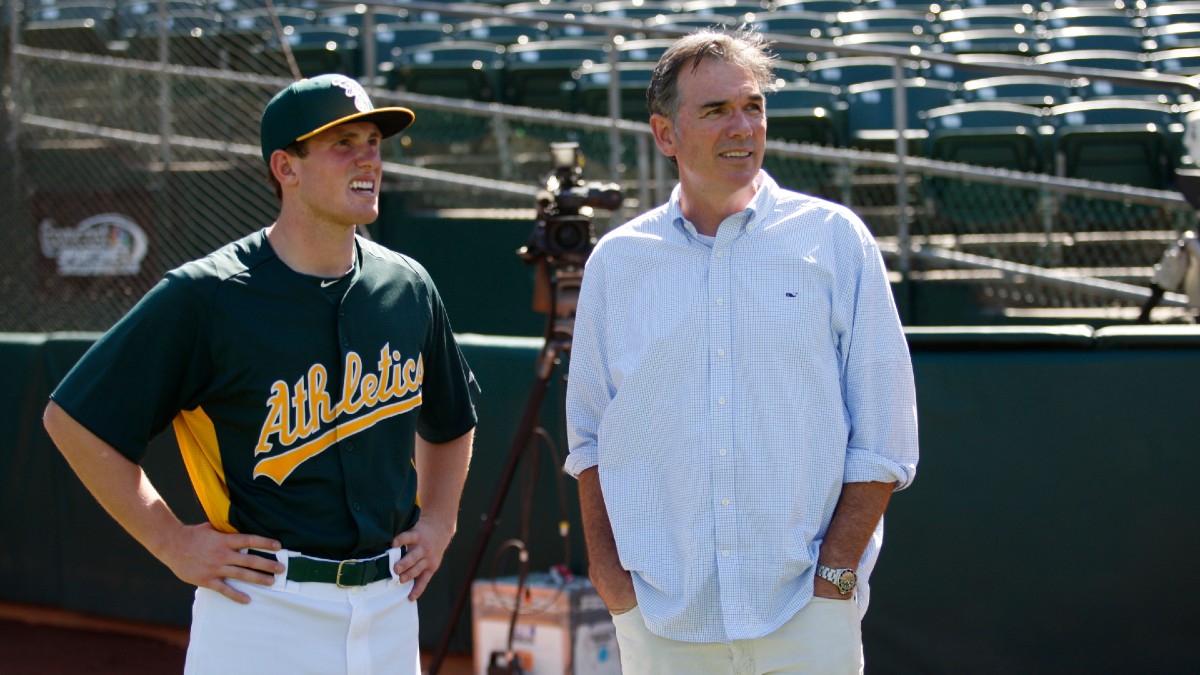
The thru-line in some of his most popular books — from Wall Street traders in Liar’s Poker to Moneyball to The Big Short about the 2008 stock market crash — is risk by numbers.
“No question,” he told me, “I was writing about a gambling culture.”
It’s Lewis’ ability to frame these obsessions in a palatable way that not only helped legitimize analytics-driven decision making, but make it feel familiar, even accessible.
“No doubt,” says Rockets GM Daryl Morey. “Moneyball was an inflection point. I don’t think I have my job without it.”
Morey has become one of the most prominent leaders of the modern-day analytics movement. The NBA franchise he runs is at the leading edge of experimenting with strategies geared to re-examine how the game is played. They are iterations of ideas he has been practicing since high school outside Cleveland, when he was a serious Strat-O-Matic baseball player and had a disastrous turn as the school bookie.
“I was terrible,” he recalls. “But I dove into the numbers. The wagering culture was so robust I could apply my math skills. And, of course, I wanted to beat my friends.”
The theories he puts into practice today are regularly discussed at the MIT Sloan Sports Analytics conference, which Morey co-founded. For two days, thousands of like-minded analytics-focused students, job-seekers and start-up hopefuls converge in Boston. The conference is also littered with bettors.
Bob Voulgaris, profiled in ESPN The Magazine as one the most prolific NBA bettors in history and currently a consultant for the Mavs, has been a panelist. Jeff Ma, one of the MIT card counters featured in the bestselling book Bringing Down The House and a prominent sports bettor, is also a regular. (Full Disclosure: I’ve hosted sports betting panels at the conference for the past several years).
The conference is littered with suited-up twenty-somethings carrying laptops programmed with super-secret algorithms. Once upon a time they would have joined McKinsey or Morgan Stanley. Not as much anymore.
“I’m in this because it’s a lucrative way for me to make money at something I’m good at,” says Tyler. “But I came to it because I found it was exploitable based on stuff I like.”
[256 or Bust: Chad Millman's Adventure to Bet Every 2019 NFL Game]
In October of his sophomore year, 2014, Tyler happened to be watching the Giants play the Royals in the World Series. He was not a bettor, but had recently started playing ESPN Streak for the Cash and was beginning to learn about betting markets.
The announcers of that series consistently focused on Giants’ catcher Buster Posey’s defensive skills, specifically his pitch-framing, the ability to make a borderline pitch look like a strike. When done well, it can turn several walks into outs every game, limiting the number of baserunners. Fewer baserunners equals fewer runs.
Remembers Tyler, “I started building some models for baseball, focused on catcher defense and pitch framing.”
For five months, beginning with his Posey passion project, Tyler scraped any available baseball data he could find. Baseball reference. Pitchf/x. Fangraphs. All the metrics-heavy, baseball-porn sites the Moneyball generation has come to revere.
Says Tyler, “Baseball has less contextualization in terms of how teammates impact performance. It’s a pitcher against a batter. If there is a runner on first and second and two outs, only so many things can happen in the next state.”
He added, “I can count on one hand the number of parties I went to in college.”
His suspicions about pitch-framing were wildly accurate. What had been $25 or $50 bets per game became $100 or $200 per game. Then he pushed a little more. By the end of the baseball season, he was betting $500 a game. “The whole market is driven by ego,” Tyler says. “I love winning. Not just winning. I like beating people.”
"How do I win?" — not "Did my team win?"
By the spring of 2019 all the key players in media began defining their strategies to win this sports betting audience. ESPN launched the Daily Wager. Bleacher Report focused on social with B/R Betting-branded content. FS1 featured its daily show, Lock It In.
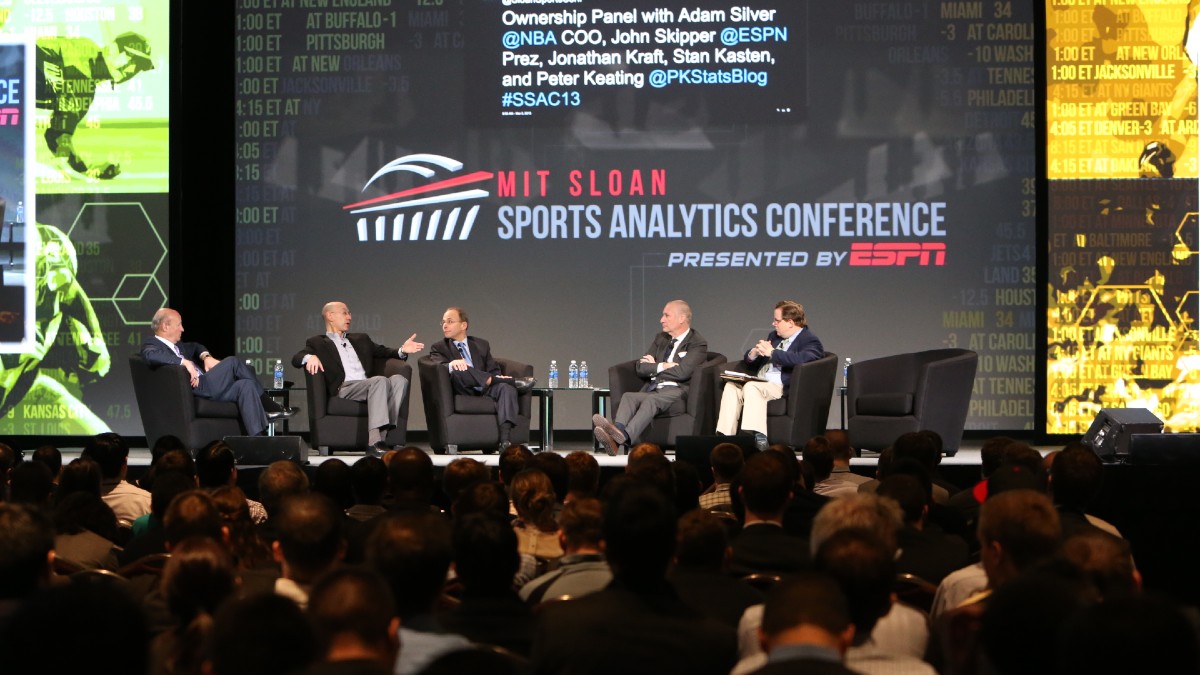
NBC debuted a radio show, The Daily Lines. At this past Super Bowl, Barstool Sports announced that Penn Gaming had paid $163M for one-third of the business, valuing the media company at $450M (The Chernin Group, which owned a majority of Barstool, also owns a majority of The Action Network).
A year ago, seeming to speak for media heavyweights everywhere, ESPN president Jimmy Pitaro told Recode’s Peter Kafka, “I think it’s fair to say this has become more of a priority.”
In a lockdown-loosened world, that urgency will accelerate. There will be new bettors in new states — Colorado launched sports betting on May 1, Corona be damned, while Virginia and Tennessee are expected to roll it out before the end of the year. They will be a captive audience for new network shows. A generation ready to scale.
Tyler is already there. The past two years, as his bankroll has grown, so has his confidence, and the size of his bets. Five hundred became $2,000 became $10,000. Last season, he regularly bet $15,000 on MLB games. For college football, his standard bet was $25,000 a game.
I asked him one sports-less night in April, “Do the amounts ever make you uncomfortable?”
“Ummm,” he paused for a long time. “No. I really just love the numbers and the money is secondary to me. I don't fish, but some people like fishing. They just like to catch the fish and give it back, the reward is catching. That is what it’s like for me.
“I like to catch the money I guess.”
Other Installments
Part I:Charles McNeil, Father of the Point Spread
Part III: Roxy Roxborough, the Oddsmaker Who Globalized Sports Betting


